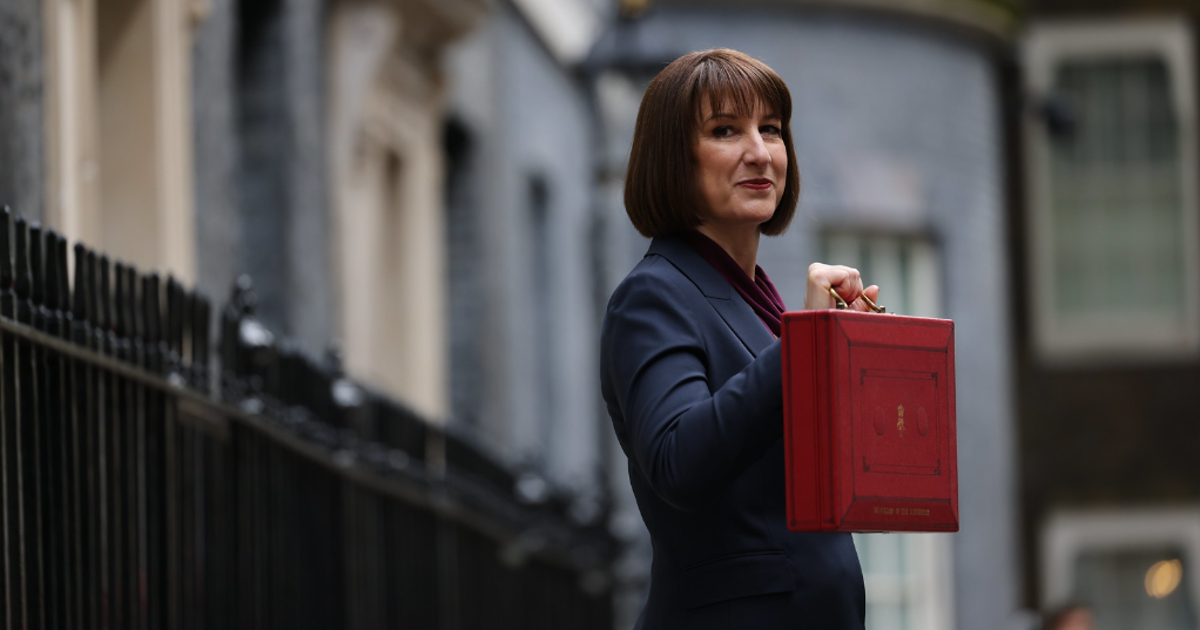Budget 2024: Was Labour's manifesto clear with voters during the last general election?
 The first Labour Budget in fourteen years, delivered by the first female Chancellor, ended up striking many familiar notes. One of the Budget’s flagship policies, a rise in employers’ National Insurance Contributions (NICs), sparked most debate because it connects to a critical issue for politics in our time - honesty.
The first Labour Budget in fourteen years, delivered by the first female Chancellor, ended up striking many familiar notes. One of the Budget’s flagship policies, a rise in employers’ National Insurance Contributions (NICs), sparked most debate because it connects to a critical issue for politics in our time - honesty.
In our fact check of the Budget, we noted that many commentators and political analysts have said that this raise constitutes a breach of Labour’s manifesto commitment not to raise taxes on working people. From a fact checking perspective, it’s not quite that simple.
Honesty in public debate matters
You can help us take action – and get our regular free email
Manifesto ambiguity
The increase was not specifically ruled out in the manifesto - but neither was it proposed or suggested. Nor were ‘working people’ defined in the manifesto despite being referenced 21 times in the document. We’ve done our best to substantiate who Labour considers to be working people, but we still need more clarity.
But beyond the particulars of this one policy, we think there’s a broader question that needs flipping on its head. Instead of asking if the Budget broke manifesto promises, we should ask whether Labour’s manifesto was clear and honest enough in the first place.
Many modern political manifestos appear designed more to grab headlines than to enable meaningful scrutiny. While they need to fit into a coherent narrative that a party wants to put to voters, too often they do so in vague or misleading ways that fudge the numbers or omit crucial context.
A manifesto might serve its political purpose by producing something that can be defended in a broadcast interview, but that falls well short of the duty a governing party owes to the voters to be transparent and trustworthy. A year ago we invited each of the party leaders in Westminster to campaign honestly and transparently in the general election, but none of the biggest party leaders agreed.
We’ve seen the result over the last few days, when Cabinet ministers have had to brush aside concerns about whether the manifesto promises were enough of a ‘plain English assessment’. At best, commitments that are subject to interpretation is a recipe for confusion. At worst, it can fuel the cynicism which leads 45% of voters to say that politicians of all parties almost never put the country’s needs over their party’s political interests.
Opening up manifestos
It doesn’t have to be this way. Parties could open their manifesto promises to more meaningful scrutiny by showing their working, making it easier to work out the overall costs and implications of their commitments, and opening up to stress-testing by credible experts. They might face some short term political risk by doing so, but voters will reward the principles behind the process.
At Full Fact, we’re working to be part of the solution. Our expert fact checkers, policy leaders, and editors are gearing up to launch a new tracker to clearly measure government progress delivering on many of its missions, promises, and pledges. We’re doing so because we believe that setting out how you intend to keep your promises, and telling that story consistently, is just as crucial as actually keeping them.
While they aim to deliver on this Budget pitched squarely under its slogan of ‘fixing the foundations’ of the economy, the Labour government should realise that the same must apply to restoring faith in our political process. When it comes to trust, you’ve got to invest to progress.